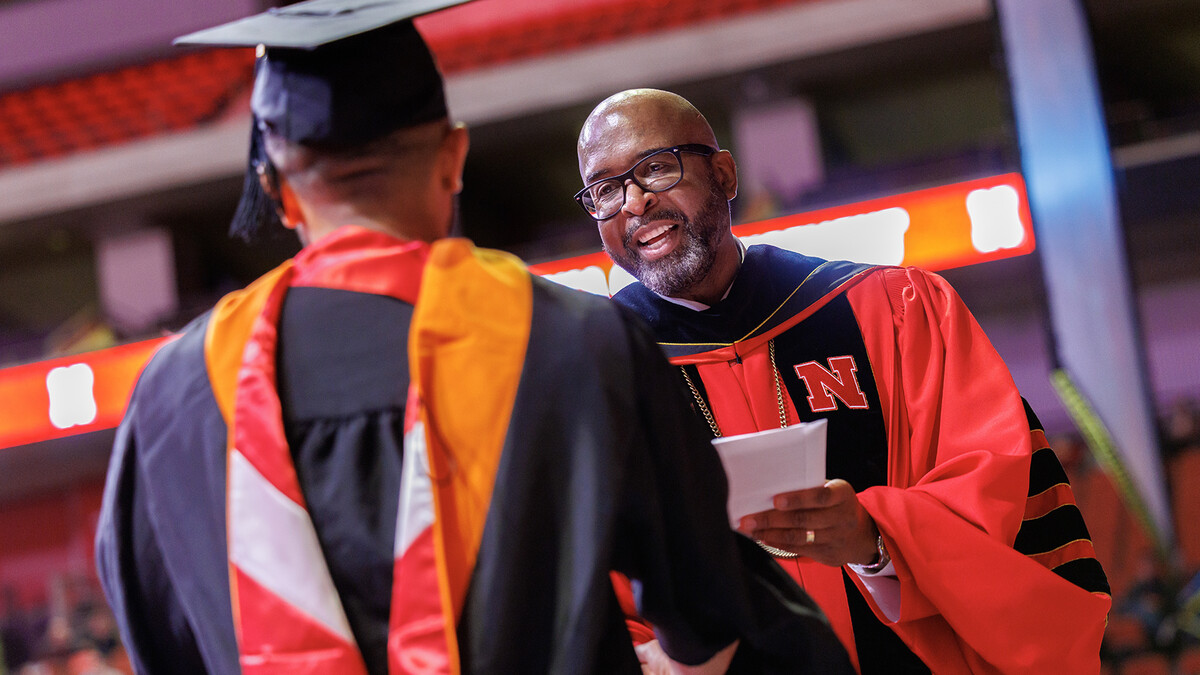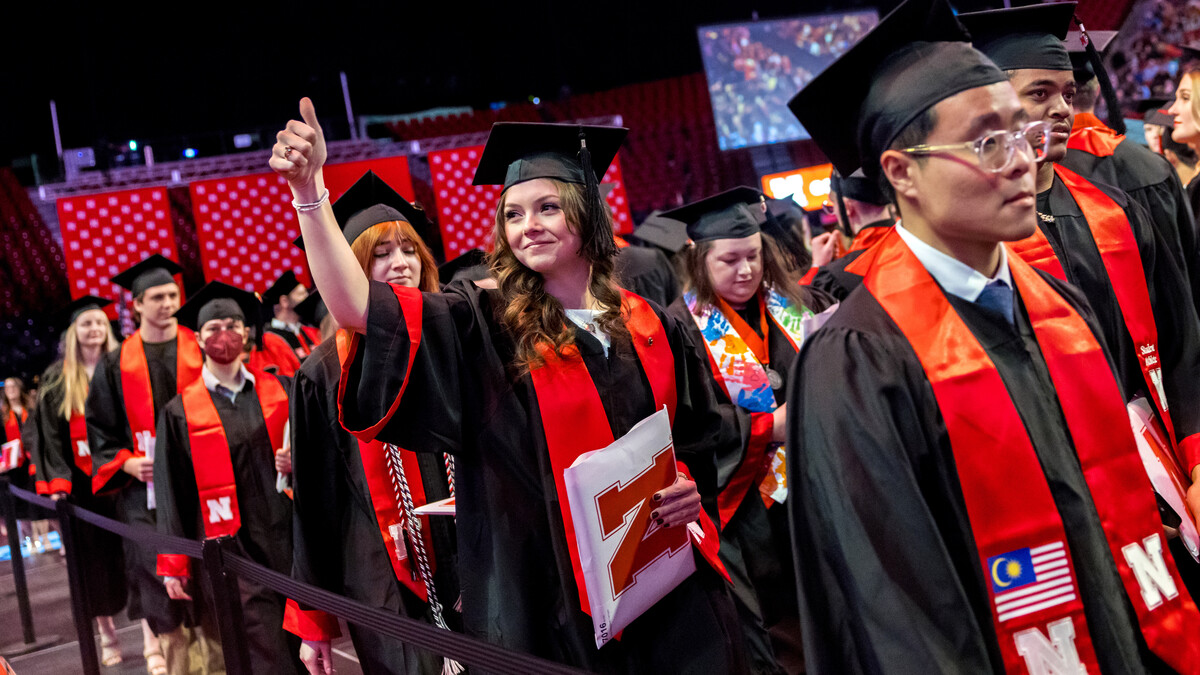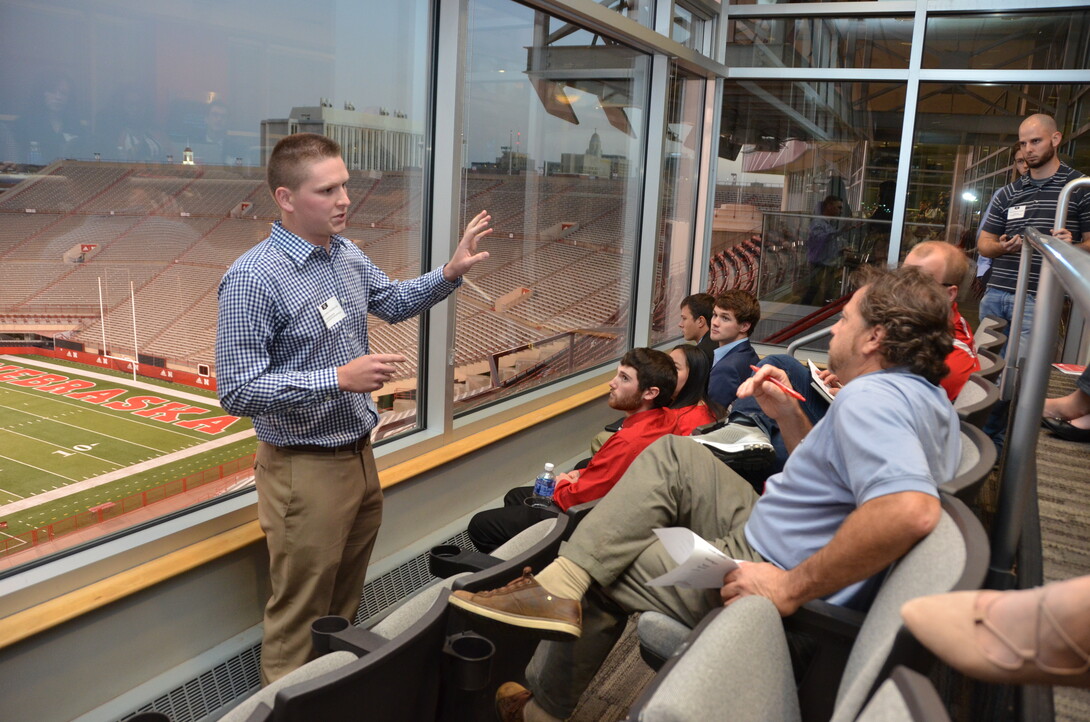
Entrepreneurial-minded students at Nebraska have several chances to swim with sharks each school year — if they dare enter the competitive water.
The Nebraska Center for Entrepreneurship at the College of Business, as well as the Engler Agribusiness Entrepreneurship Program stage competitions where students offer up their most tempting business ideas to “sharks” – aka potential investors and advisers – lurking in the business world.
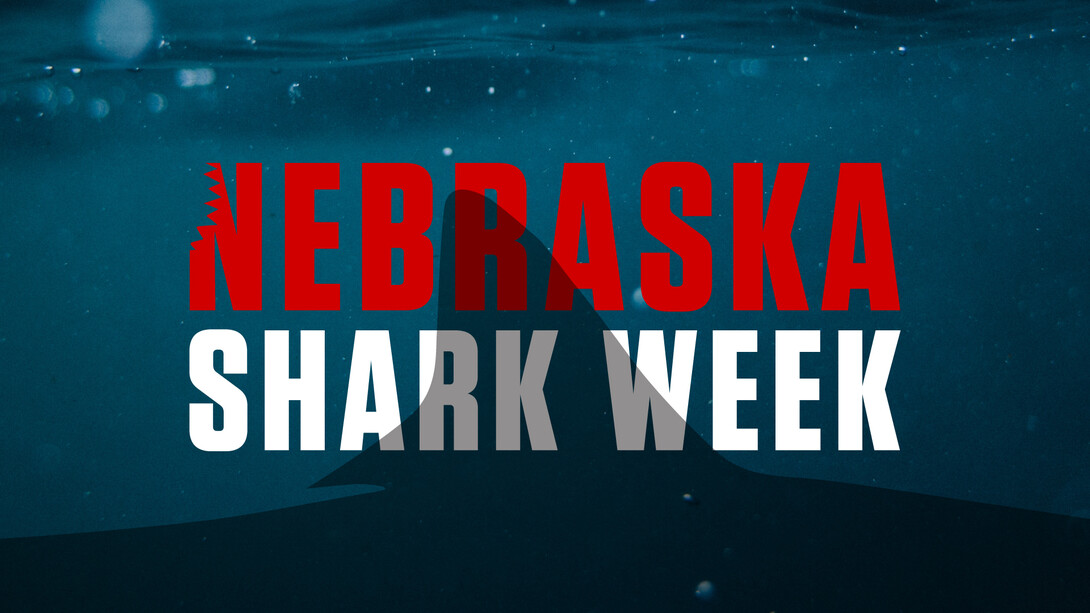
The payout can be impressive. During the past 15 years, the Center for Entrepreneurship has awarded more than $700,000 in prizes to nearly 180 winners of its business pitch contests. Successful contestants have gone on to secure more than $115 million in additional funding for their businesses.
The competitions are the University of Nebraska-Lincoln’s version of the “Shark Tank” reality TV series, where potential investors consider business proposals offered up by hopeful entrepreneurs, often brutally picking them apart before rejecting them.
Nebraska contestants don’t actually get eaten alive if they fall short. It just feels that way.
“I always get terrified and ridiculously nervous to do these competitions,” said three-time winner Lizz Whitacre, a recent Nebraska graduate from Eden Prairie, Minn. “But I urge undergraduates and high school students to always sign up for these events. It’s an advantageous way to get your business ideas out there in front of business professionals – people who know what they’re talking about. If you can get over that hurdle of just meeting them, you’re off to a good start.”
Whitacre and her partner, Justin Collier, collected $25,000 in prize money when they won UNL’s New Venture Competition – which allows for a 15-minute business pitch – in April 2018. She’s using the money for beta testing of a product called Pawlytics, management software for animal shelters and rescue organizations. After the testing phase, she hopes to attract an initial round of investment.
Hudl, today a multi-million-dollar company that provides video review and performance analysis for sports teams and athletes, used winnings from Nebraska’s pitch competition as seed money to fund its first year of growth. Its founders, Brian Kaiser, David Graff and John Wirtz, competed in several business plan contests to collect a total of about $60,000 prize money, according to press reports.
Even Hudl’s business plan met with skeptical questions. Judges thought the business was focused too narrowly on NFL teams. After subsequent feedback from customers, Hudl shifted its focus to high schools about two years later.
“Because it’s a learning environment, the criticism is mostly constructive,” said Samuel Nelson, director of the Nebraska Center for Entrepreneurship. “But they will let you know if they think you’re wasting their time. The judges are mostly entrepreneurs, who are out there doing it themselves. It’s pretty hard to get up there and fake it.”
Nelson named several other businesses that emerged from Nebraska quick pitch competitions, such as Allied Strategy, an insurance technology firm; Venel Marketing, an othopaedic health care marketing agency; and Stahla Services, a restroom trailer rental company.
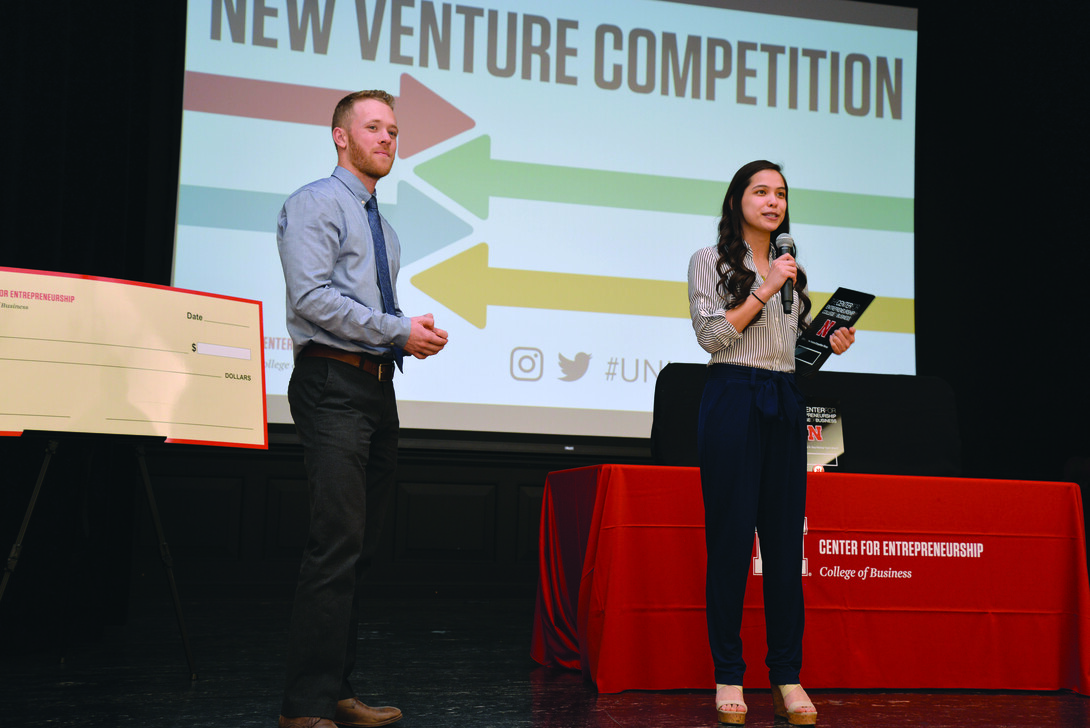
The Center for Entrepreneurship offers two contests each year: the 3-2-1 Quick Pitch, established in 2010, where students get three minutes to pitch a business idea; and the New Venture Plan Competition, established in 1987, where students get 15 minutes for their pitch.
The next 3-2-1 Quick Pitch will be held Nov. 1 in Memorial Stadium; while the next New Venture Plan Competition will be held April 9 in the Nebraska Union, with finals April 11 at the College of Business
The Engler Agribusiness Entrepreneurship Program stages an “Interview with an Investor” each fall and the “Engler Open” each spring. The fall competition, limited to 10 contestants who each make a 10-minute presentation to investors, is a networking event. The Engler Open is a three-minute pitch event offering four $1,000 prizes. Ag-related businesses that have been pitched range from show goats to software development.
Taking cues from the Center for Entrepreneurship, Nebraska Extension hosted a Shark Tank competition for extension faculty and staff during its 2017 fall conference in Kearney. The idea was to simulate the urgency to produce big ideas in a rapidly changing world. During the competition, approximately 350 faculty and staff were divided into 50 pitch teams to come up with concepts for extension programming. Five winning teams were awarded $1,000 start-up funding to launch their proposals. Extension is considering a follow-up Shark Tank contest for its November 2018 meeting.
